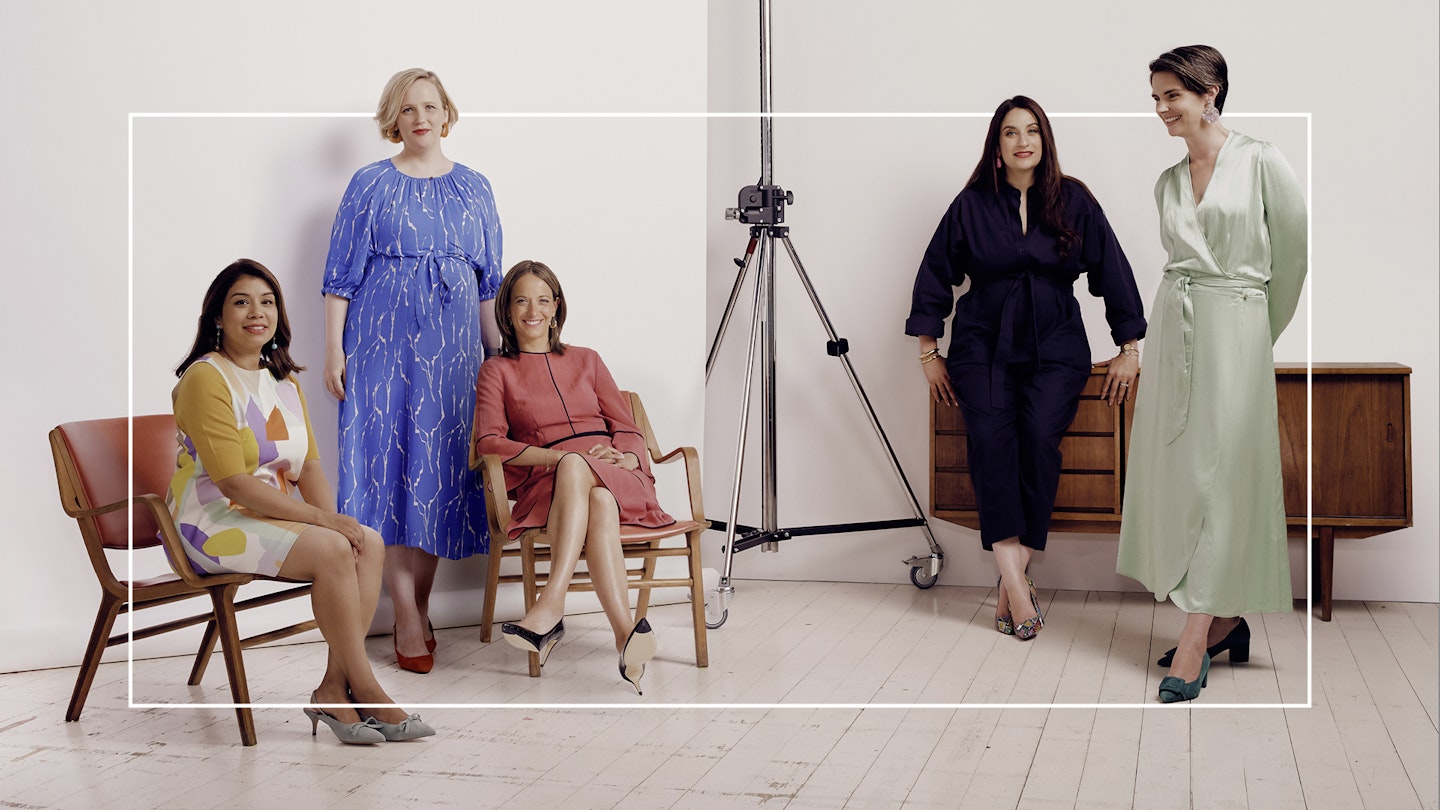We may recently have had a female Prime Minister, but look to the heart of British democracy – Parliament – and women are still hugely under-represented. Watching the recent debates in the House of Commons you’ll have been more likely to see white men with grey hair than a group of people who reflect the diversity of the country. Ironically, the place where our equality laws are made still only has 32% female representation.
That might explain why casual sexism is still prevalent in Westminster: Lib Dem MP Luciana Berger used to be a Labour member and says, during that time, a male Conservative MP told her she was ‘too pretty’ to be in the party. It gets even worse when you look at the supposed inner sanctum. Out of 23 people in Boris Johnson’s Cabinet, there are only seven women now. That suggests that not many women’s opinions are being considered when it comes to sorting out not only Brexit – but a host of domestic policies.
Filmed and edited by Rhys Stroulger for Grazia UK.
Berger and Labour MP Stella Creasy both recall being mistaken for someone’s aide or assistant in the past. It’s hard to avoid the conclusion that those examples of off-hand misogyny betray a bigger problem. If we continue to let law-making be a predominantly male activity, it affects what is discussed and what is overlooked in the corridors of power, and while female politicians are the minority, it’s likely they will continue to be treated as unusual. That’s why these MPs have made it their mission to make it easier for other women to get into politics – fighting to change the system from within.
Take Labour MP Tulip Siddiq, for example, who was instrumental in bringing about proxy voting – the policy that allows an MP to nominate someone else to vote on their behalf. It was introduced a few days after she was forced to postpone a Caesarean in January, and was wheeled into the House of Commons in a wheelchair so she didn’t miss out on a vote on Theresa May’s Brexit deal. ‘It’s hard to predict why change really happens, but it did change after that and I’m really proud of it,’ Siddiq remembers. ‘It’s a collective effort. A lot of people fought for it over the years. Theresa May was about to lose the biggest vote of her life and she came over and said, “I’m really sorry to see you in this state. If there’s anything we can do for tomorrow’s vote, we’d like to.” It was a moment of sisterhood. Proxy voting has paved the way for MPs who value family time, which isn’t exclusively a women’s issue, but certainly helps MPs who are pregnant, breastfeeding or recovering after childbirth.
At six months pregnant, Creasy says Parliament’s rules mean she’s being forced to choose between being an MP and a mum
The policy change on proxy voting follows a successful campaign by Berger and others to change late-night, unsociable sitting hours for Parliament. Now, MPs only sit until 10.30pm on Mondays, instead of twice a week. As someone who became an MP at 28 in 2010, Berger was still paying off her student loan when she entered Parliament – she’s proof that there’s a benefit to all kinds of voices being heard. ‘When we were talking about issues around higher and further education, and access to finance to pay for it, I was able to say, “Hellooo!”,’ she says.
History shows, though, that we need to get more women in the Cabinet to make a real impact on all of us. ‘If we look back to when there was better gender parity, under the Labour Government from ’97, so much was introduced that had women in mind, like investment in building 3,000 children’s centres in every community, and doubling maternity pay,’ she says. On the day of Grazia’s photo shoot, Berger and Conservative MP and Minister for the Constitution Chloe Smith bring their babies along. In part they want to show you can be an MP and a mother; but it’s also to do with the fact that MPs don’t get standard maternity leave.
The Independent Parliamentary Standards Authority (IPSA) – the body regulating MPs’ pay – does not automatically provide paid cover for MPs on parental leave. This means for Berger, who had a baby boy in March, and Smith, who had a daughter in April this year, it’s a juggle. Smith says it is possible to make the job work when you’re off caring for a baby, though. ‘There isn’t a simple set of arrangements,’ she says. ‘But if you break the job down into different parts, for example, duties in Westminster and duties in my constituency, then you can put arrangements in place that make sure your constituents are cared for and that the job is covered.’
Smith has staff running her constituency office, a colleague minister covering her ministerial duties and she’s covering her Westminster duties by proxy voting. She encourages young people to get involved in politics. ‘Parliament can be a fusty, dusty and musty place, but only by new, young people getting involved will that change: this is a call to action,’ she says.
Meanwhile, Creasy is fighting for better maternity rights for MPs – if she succeeds, she hopes it will encourage more young parents of both sexes into the fold. At six months pregnant, Creasy says Parliament’s rules mean she’s being forced to choose between being an MP and a mum. ‘I don’t want people to have an excuse not to elect women, or indeed men, of child-bearing age,’ Creasy says. ‘When Tulip went to IPSA during one of her pregnancies, they said, “This doesn’t happen very often,” as if, therefore, it wasn’t something they needed to deal with. Maybe that’s the problem in itself.’ She says younger women need to feel able to join Parliament ‘otherwise we miss out on the vital contribution they make’. IPSA has now agreed to fund a locum for Creasy, but she won’t stop fighting until they put a policy in place for all parents.
‘In no other place of work would your colleagues or a member of staff – who already work flat out – be expected to take on another person’s work as well,’ she adds. Many of us are in search of a healthier more balanced life and a career in politics doesn’t spring to mind when we think about how to achieve that goal. But Conservative MP Helen Whately’s Flexible Working Bill could help MPs (and the rest of us, for that matter) edge closer to achieving it. In July, Whately introduced the bill, which she said would help close the gender pay gap, assist parents to share childcare, and help businesses retain their staff, who now often want more flexibility around work. If it translates into law, flexible working would be a default position for all employers.
Whats Up In Westminster - Grazia
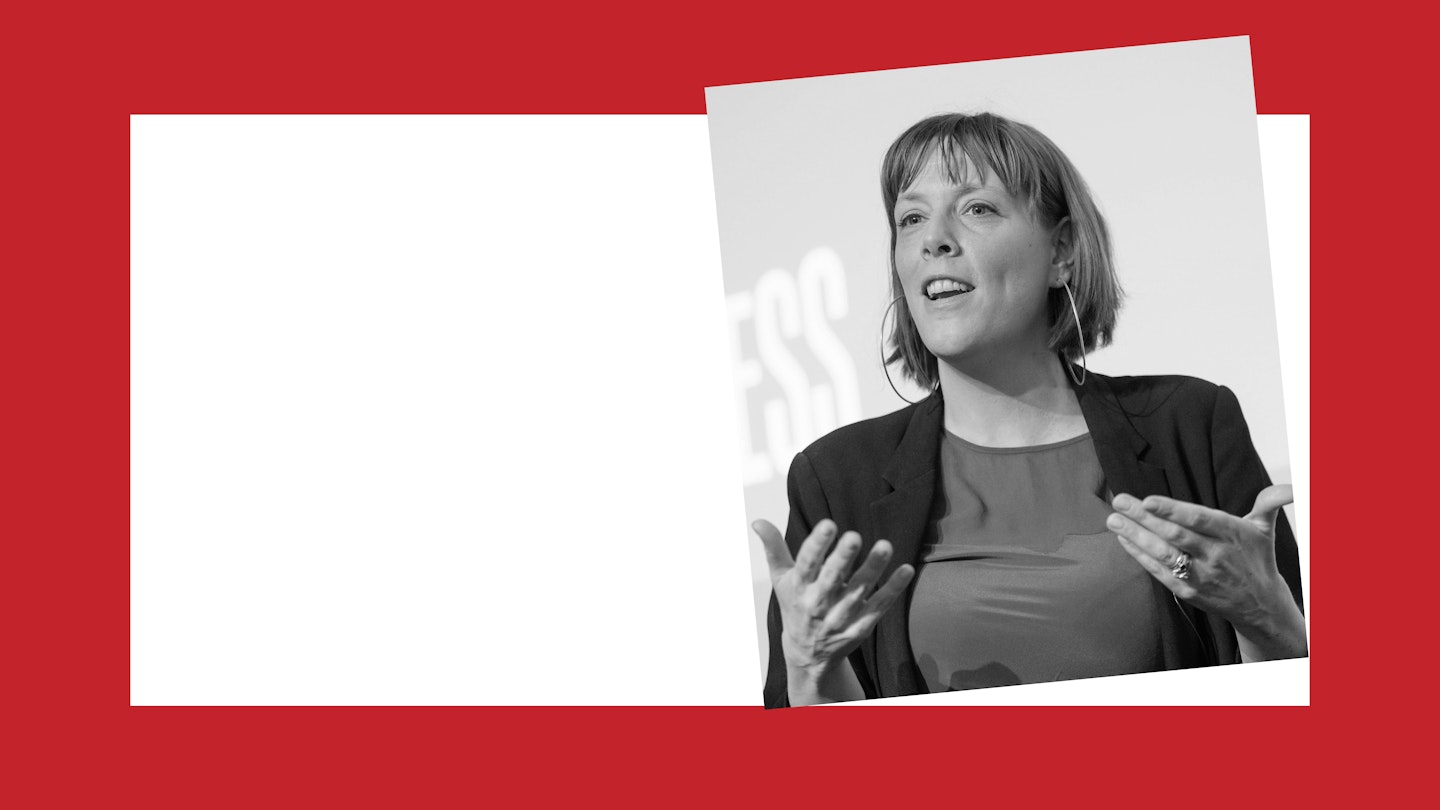 1 of 14
1 of 14Jess Phillips: 'I Want Everyone In The Country To Know They Have The Power To Change The Law'
Labour MP Jess Phillips, known for her tenacity and unflinching speeches.
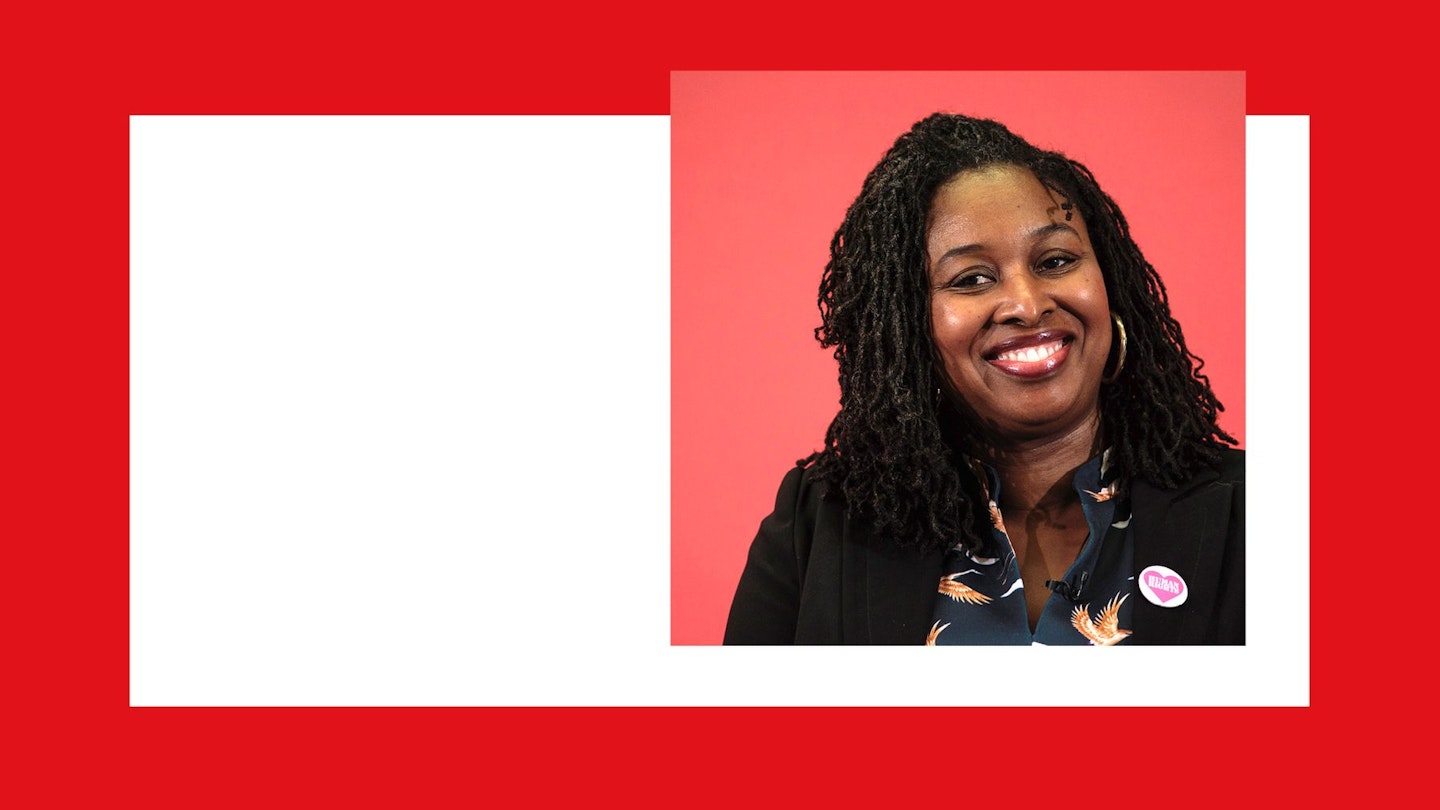 2 of 14
2 of 14Dawn Butler: 'Black History Is Not Just For October'
Shadow Women and Equalities Minster, Dawn Butler, explains why Boris Johnson could learn a thing or two this Black History Month.
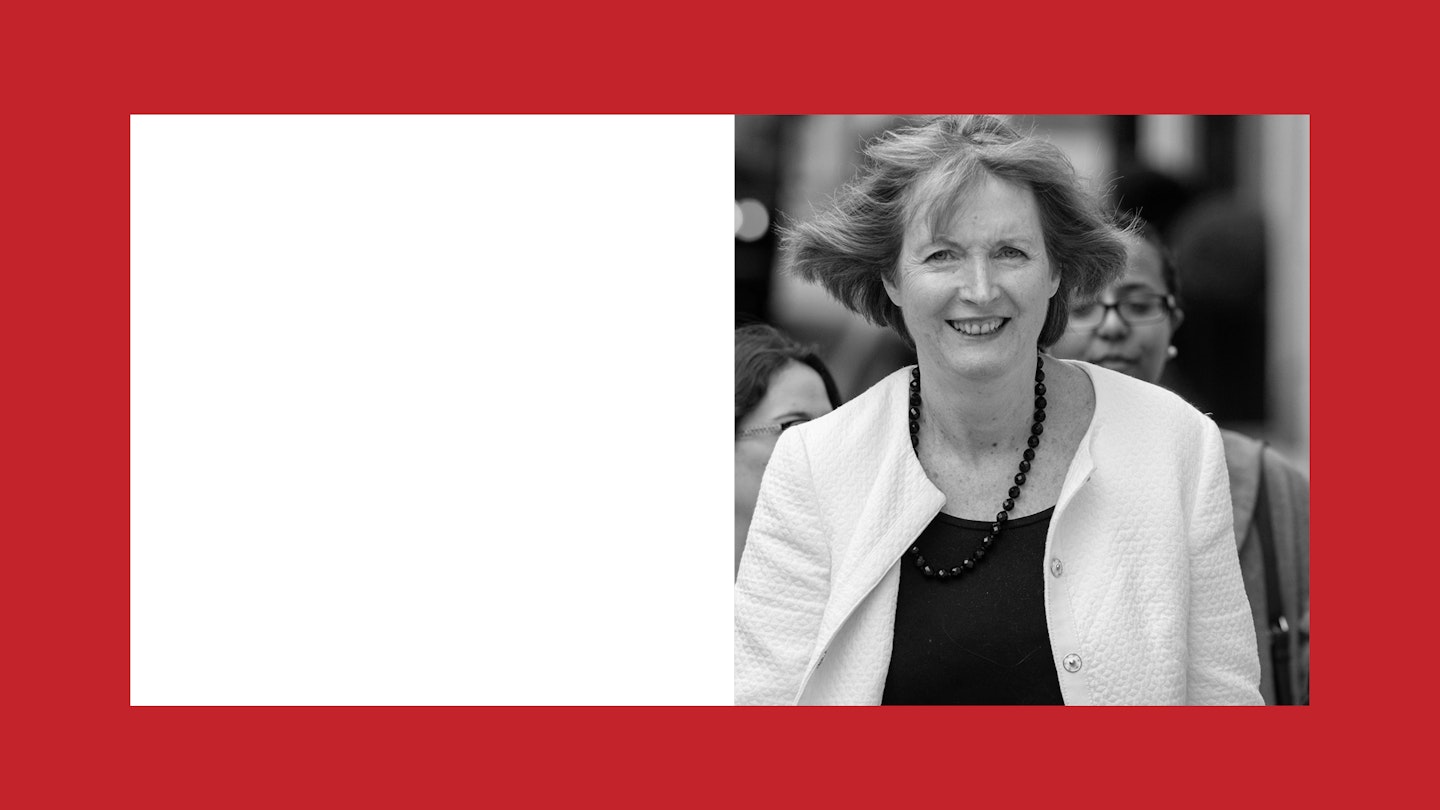 3 of 14
3 of 14Harriet Harman: 'We Need To Stop Sexual Liberation Being Used As A Defence For Men Killing Women'
Labour's Harriet Harman, the longest-serving female MP, reveals her frustration with both the fight for equality and, of course, Brexit
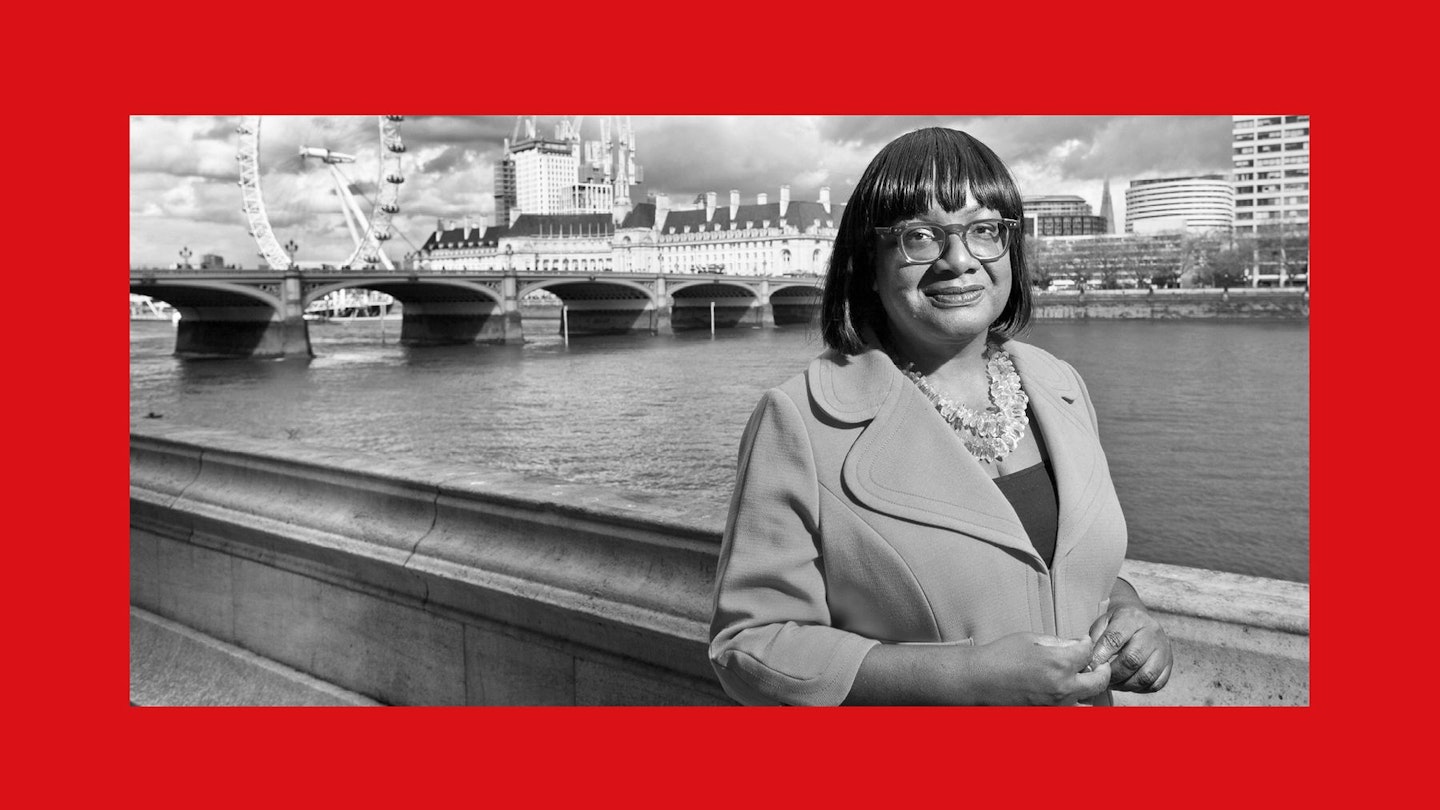 4 of 14
4 of 14Diane Abbott: 'I Get Rape And Death Threats Every Day'
Shadow Home Secretary Diane Abbott on how Westminster feels like a school playground right now, and why young people need better sex education
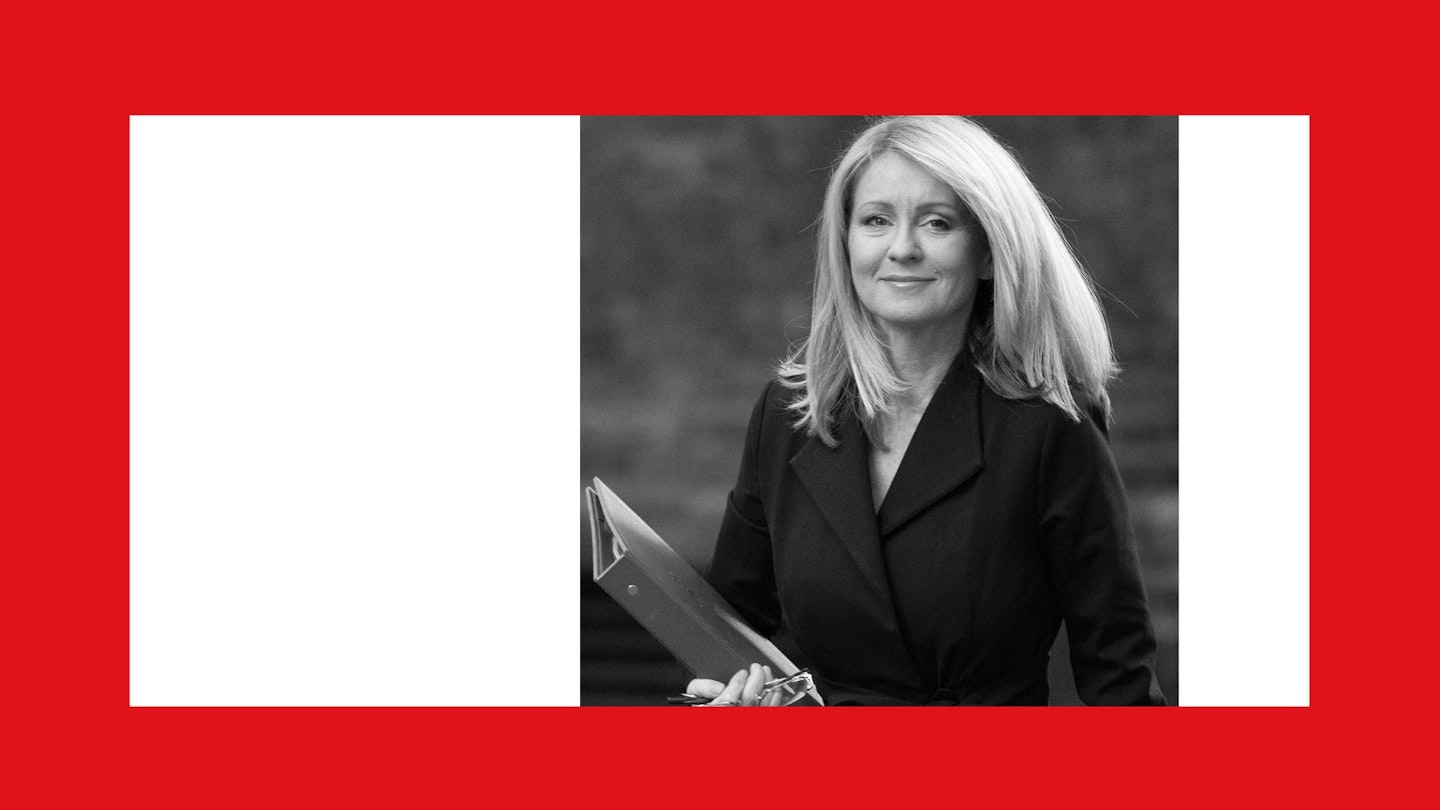 5 of 14
5 of 14Esther McVey: 'My Family Are Anxious At The Thought Of Me Being Trolled As The Next Prime Minister'
Tory leadership hopeful Esther Mcvey tells us why she wants to lead the country, despite the potential pitfalls
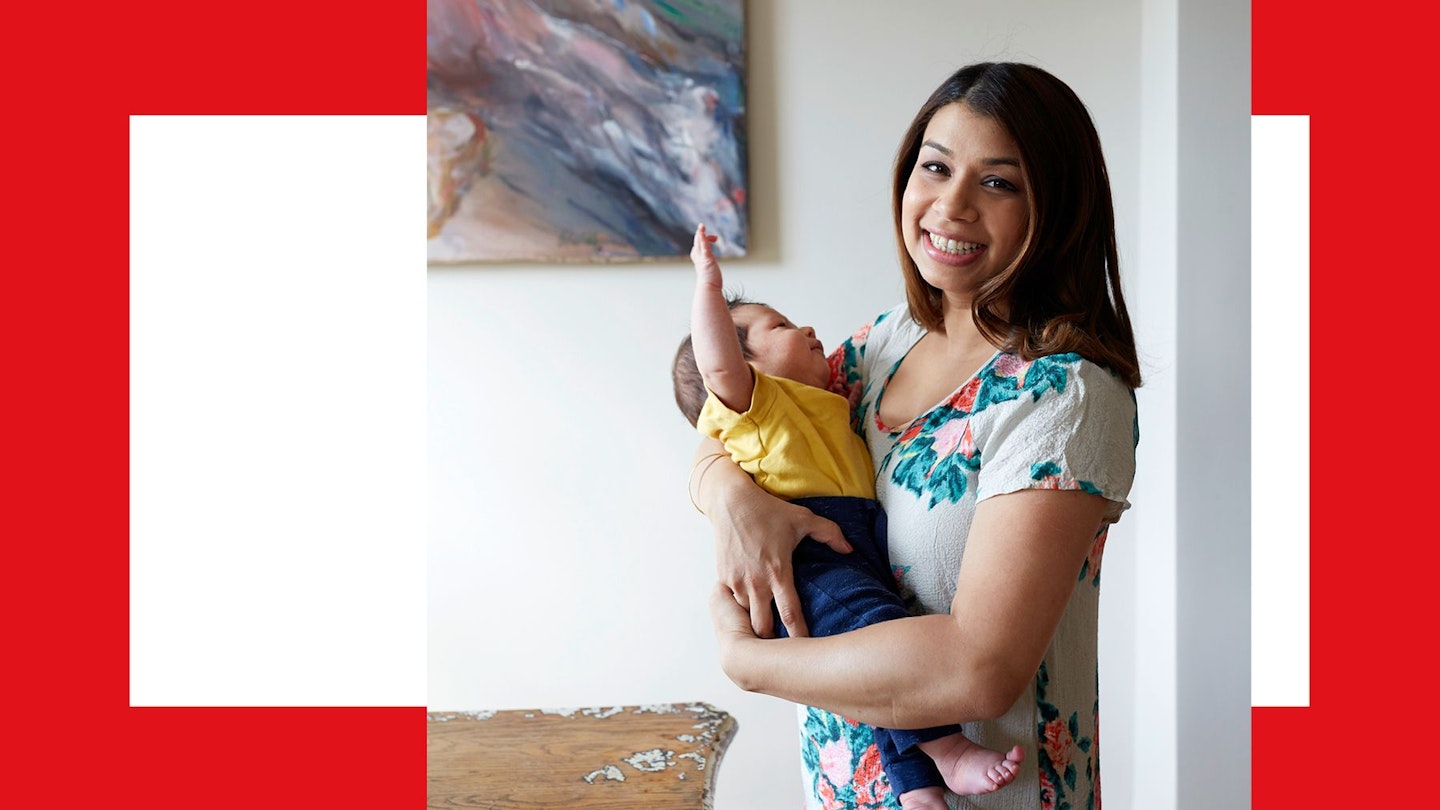 6 of 14
6 of 14Tulip Siddiq: I've Had A Woman Say To Me 'You Can't Be A Mother And An MP'
MP Tulip Siddiq, 36, made history when she delayed her C-section to vote on Brexit. She tells Gaby Hinsliff about having no maternity leave, balancing constituents' and kids' needs and trying to encourage more women into politics
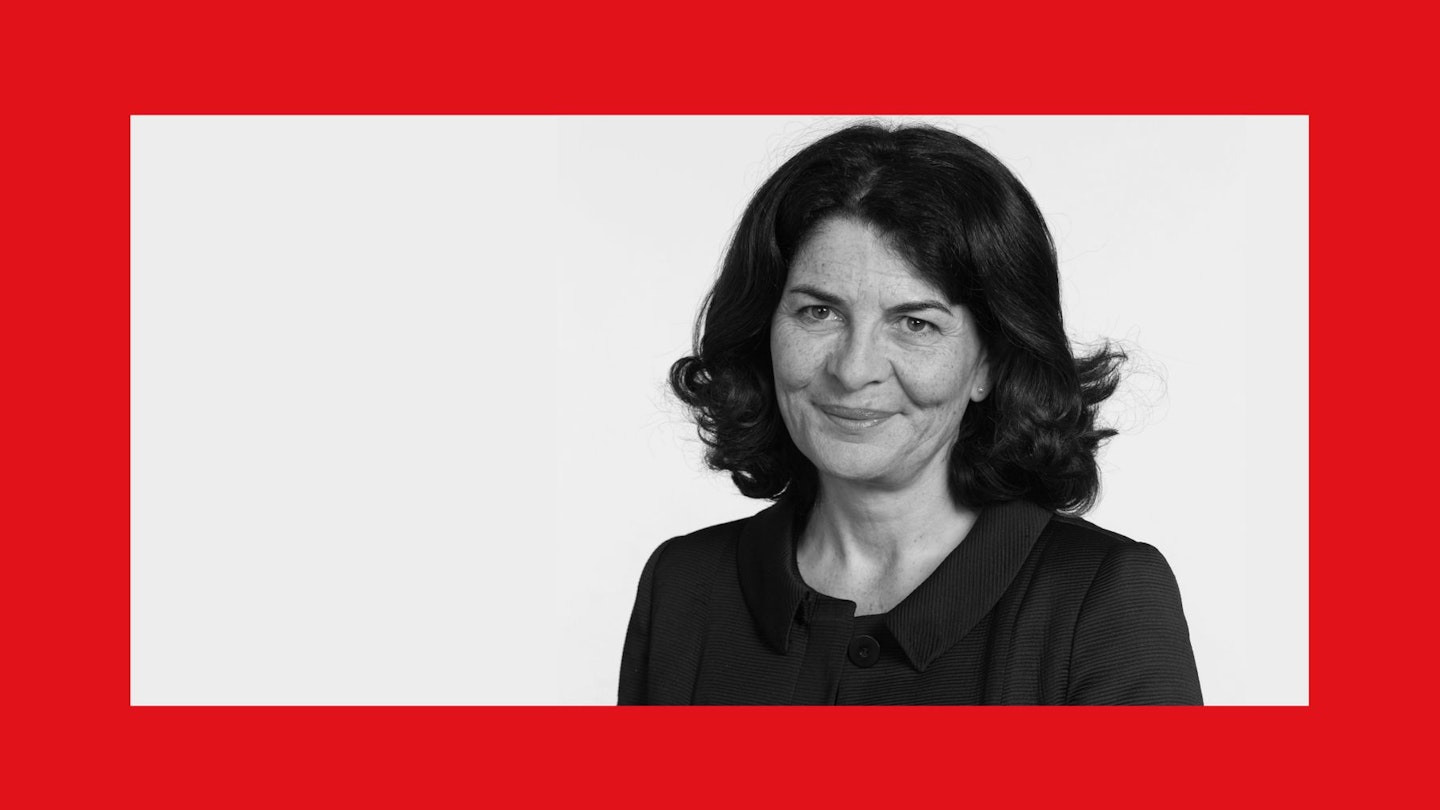 7 of 14
7 of 14Diana Johnson: 'People Don't Realise We Need New Abortion Laws In England And Wales'
It's not right that women in this country can still go to prison for terminating a pregnancy, says Labour MP Diana Johnson
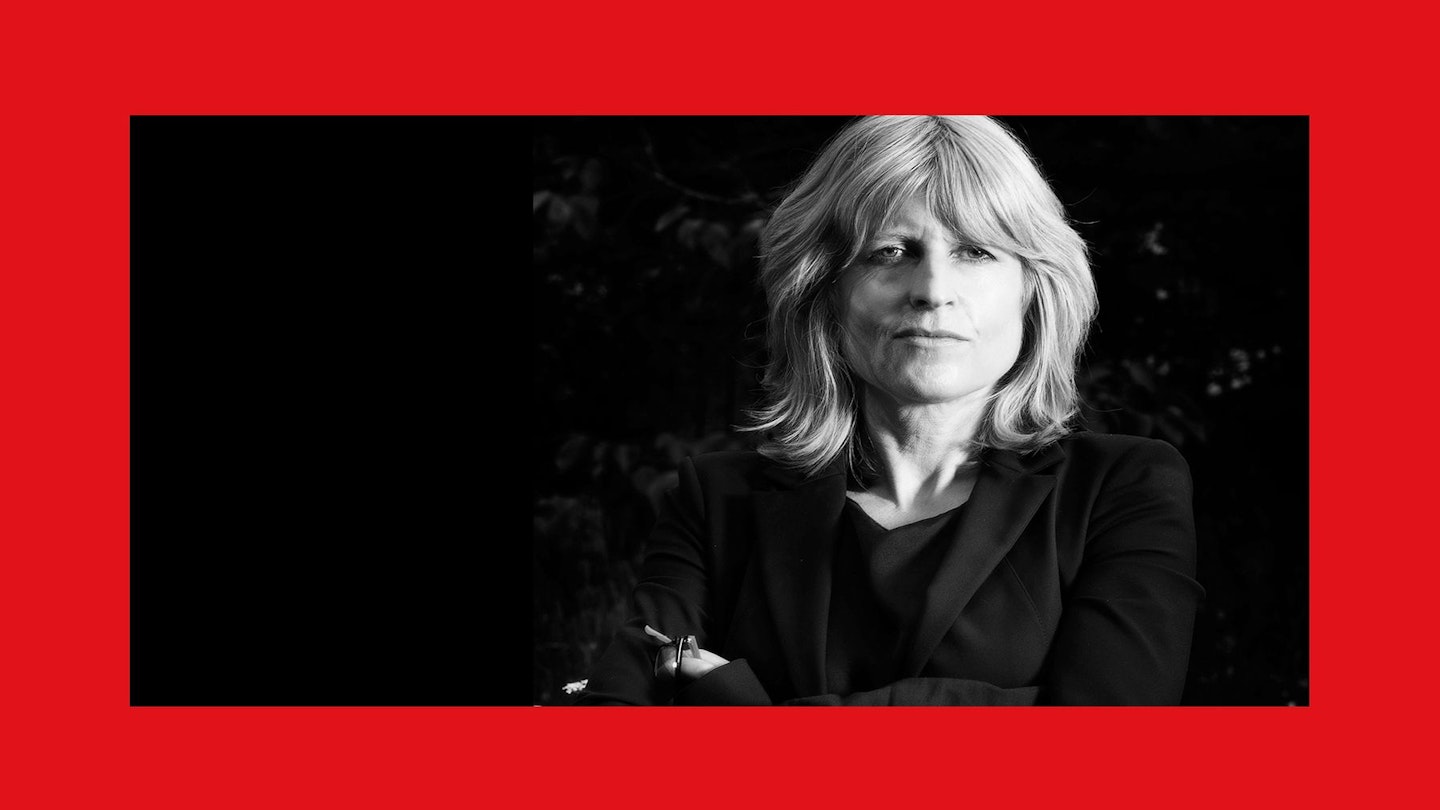 8 of 14
8 of 14Rachel Johnson: 'I Want To Get Stuck In - I Don't Want To Be Used As 'Sister Of Boris'
Journalist Rachel Johnson wants to be our next Member of the European Parliament - and unlike her famous brother, she's anti-Brexit
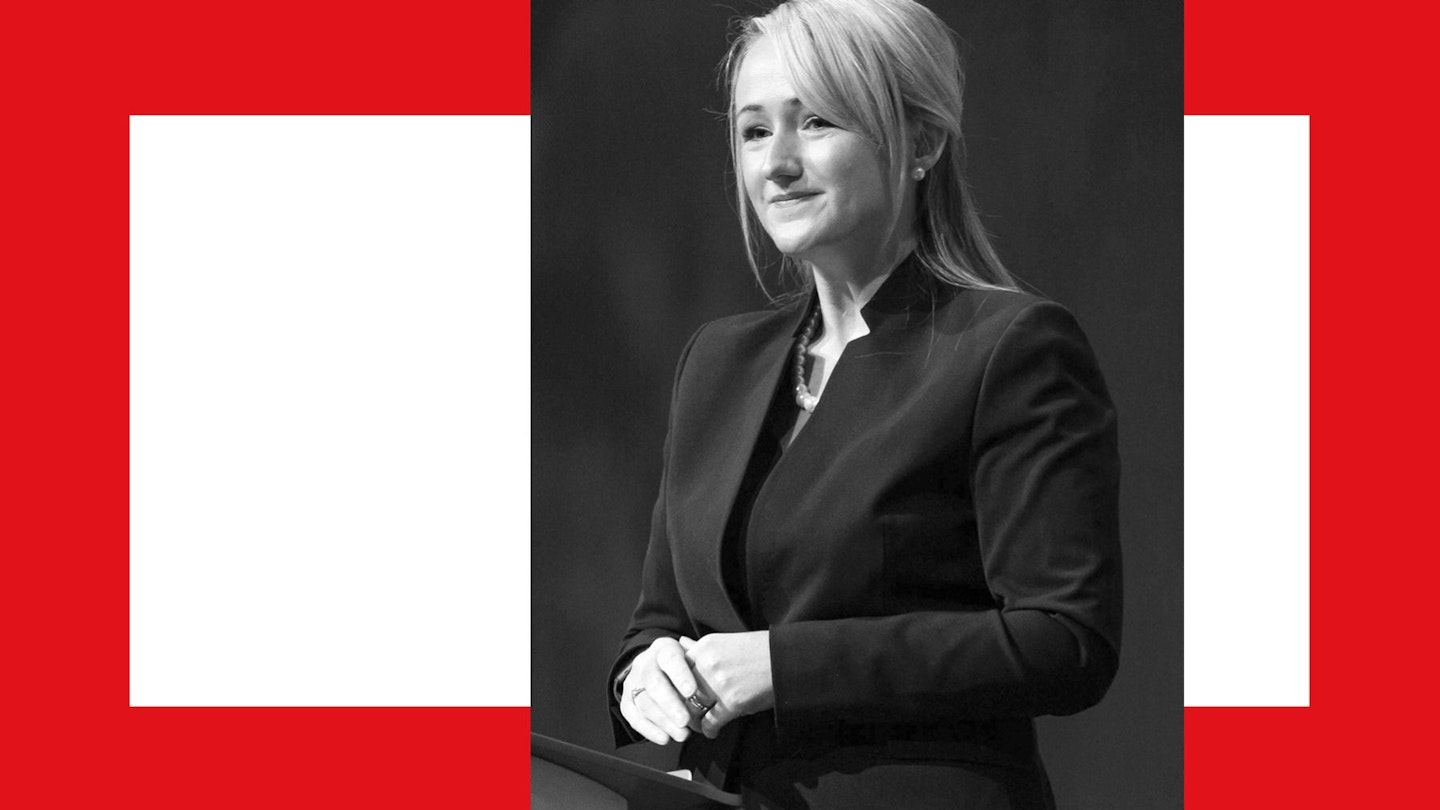 9 of 14
9 of 14Rebecca Long-Bailey: 'I'm One Of Only Three Women At The Brexit Talks Table'
The Labour MP and Shadow Business Secretary urges new action to tackle the climate crises
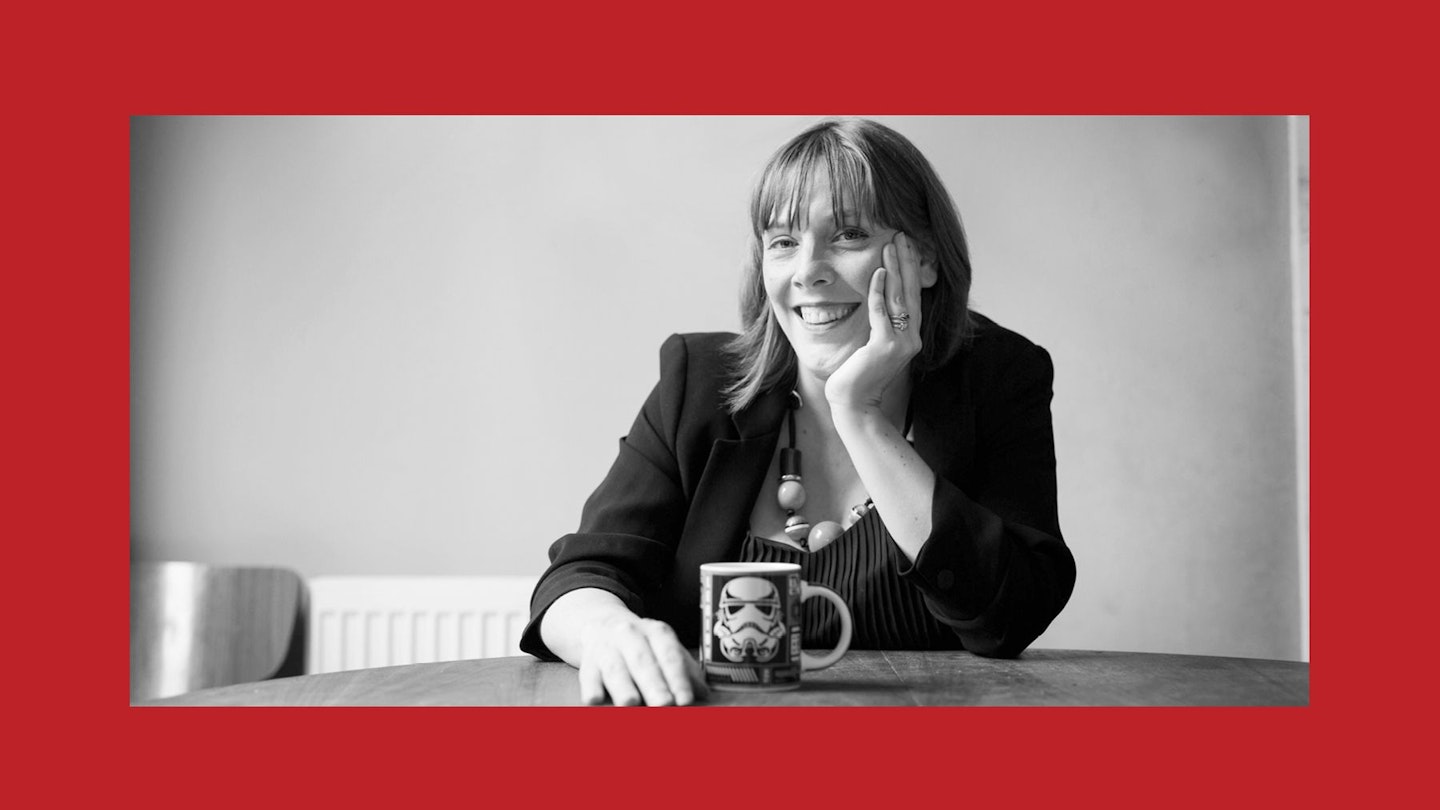 10 of 14
10 of 14Jess Phillips: 'Every Woman I Know Has Suffered Violence, Myself Included'
That's why Labour MP Jess Phillips is tackling domestic violence legislation this week - even amidst the chaos of Brexit
 11 of 14
11 of 14Luciana Berger: 'There's Still Such An Imbalance In How We Address Mental Health'
Luciana Berger, Independent MP, is worried that despite the warm words, mental health care is still not being taken seriously
.jpg?auto=format&w=1440&q=80) 12 of 14
12 of 14Sarah Wollaston: 'My Anti-Stalking Law Must Not Be Delayed By Brexit'
Newly Independent (formerly Conservative) MP Sarah Wollaston talks about stalking, second referendum and... riding her tandem
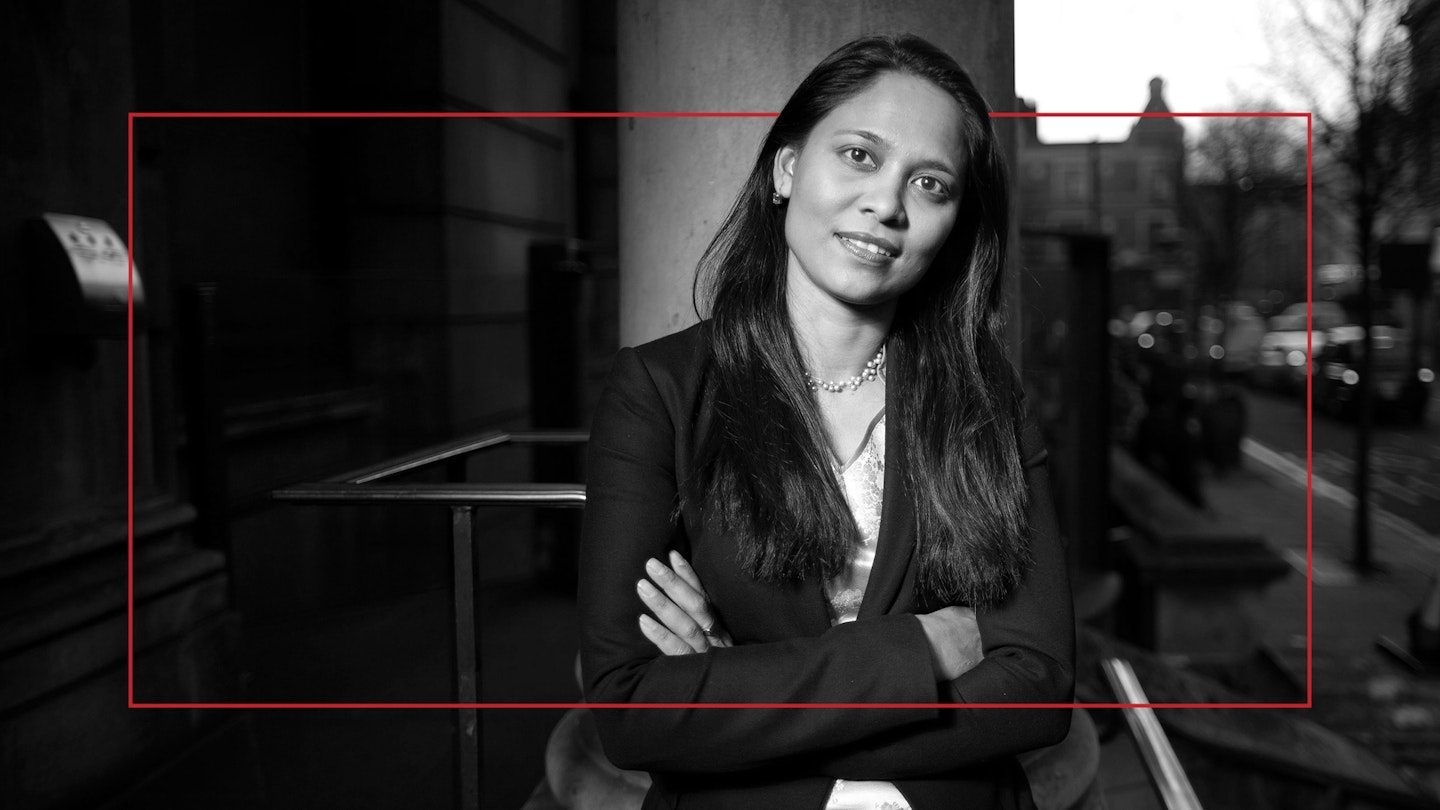 13 of 14
13 of 14Rushanara Ali: 'Women have every right to be in politics'
Bethnal Green MP Rushanara Ali is fighting to make housing safer, and enters the debate about whether ISIS brides should be allowed to return to the UK.
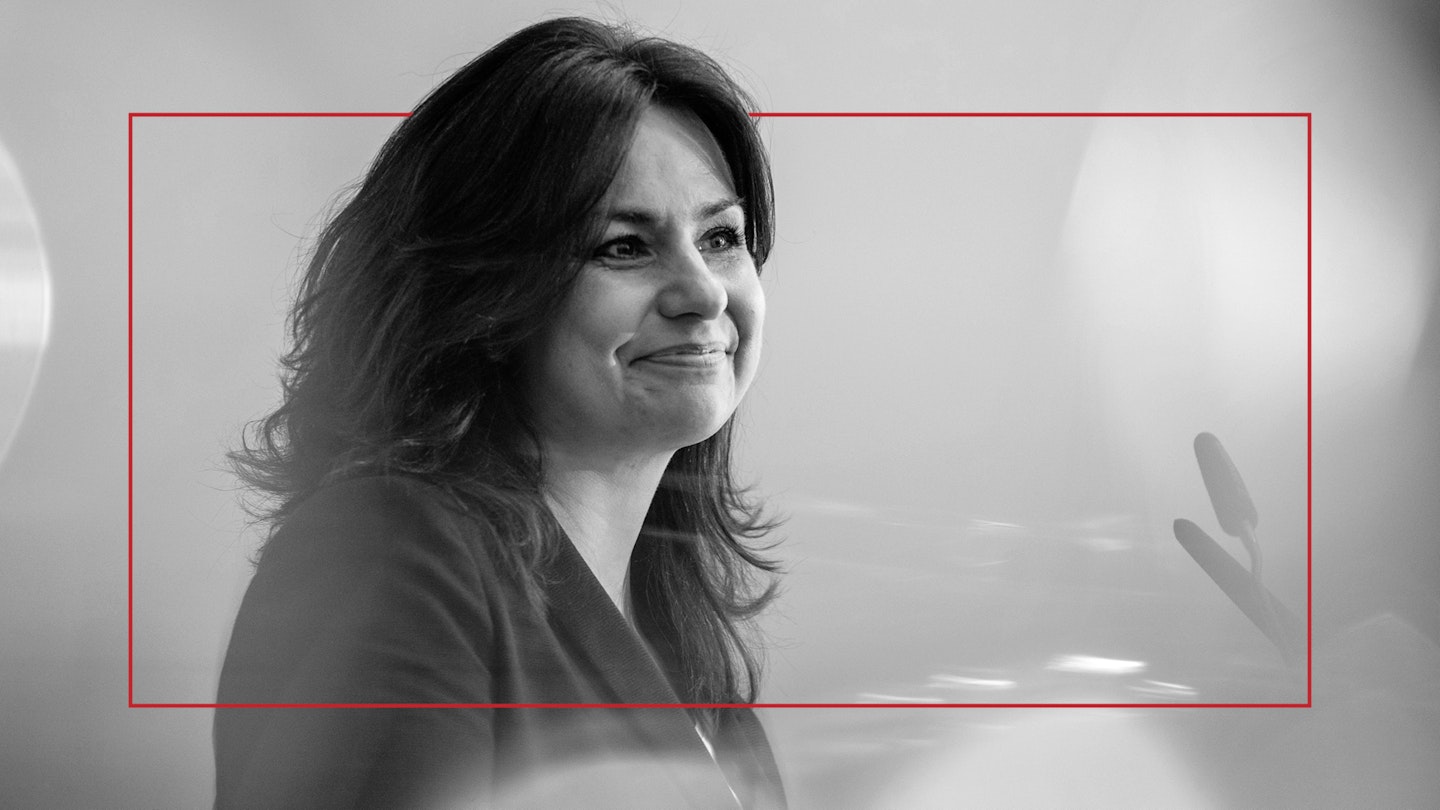 14 of 14
14 of 14Heidi Allen: 'Speaking About My Abortion In The Commons Was One Of The Hardest Thing I've Done'
Heidi Allen, Lib Dem MP for South Cambridgeshire, is determined to reform Universal Credit and speak up for people whose voices can't be heard.
She is very clear that it shouldn’t be assumed that only women will benefit – arguing many men also want to be able to spend more time with their families, too. But she adds, ‘It will mean women who want to work flexibly can continue doing the job they were doing before they had children or before they had a sick relative who they need to care for. They won’t have to step down in their career or give up work altogether.
For all the practical barriers, there are also psychological ones holding women back in Westminster. Not, as has often been said, with women not wanting to put themselves forward – but rather that there is still an assumption among voters that a man will be a more authoritative candidate, or a woman will be too busy with childcare. That, some believe, can stop even the most determined women winning seats – which is why in 1997 Labour felt the need to use all-female shortlists, meaning only women were allowed to stand in particular constituencies.
Some say this is the reason that Labour has more female MPs than all the other parties put together. ‘The thing that pisses me off is that there are plenty of women with brilliant ideas who could be fantastic politicians,’ says Creasy. ‘They don’t need encouragement, they need the environment we’re asking them to go into to change.' Many of the MPs Grazia speaks to have actively encouraged other women to stand. ‘Women really seem to respond to that,’ adds Whately. ‘I often hear from women that they think they’d like to one day, but they want to do a bit more in their careers, or they want their children to be a bit older. It applies to fathers as well but, most often, women worry that they can’t combine being an MP with children. My view is that you really can.'
But even if the culture at Westminster is slowly changing, nearly all the MPs who sit down with Grazia talk of a new emerging toxicity they have to contend with – the online world, where female politicians fall victim to threats of violence and horrific abuse, dressed up as political discourse. When Siddiq visits schools, she says she’s always asked by young girls whether there’s a lot of abuse in politics. ‘I’m caught between a rock and a hard place. Am I going to be honest and say, “Yes, it’s horrific, you get death threats,” or am I going to say it’s all hunky-dory and then they’ll get a nasty shock? I don’t want to put them off.
In terms of what can be done, she thinks social media platforms should take more responsibility in monitoring the abuse and enforcing existing legislation. ‘Facebook is quick to take down a photo of a woman breastfeeding, but when I was getting severe threats about my family it took ages for them to respond.' Smith is working on reducing intimidation in politics by making changes to electoral law to protect the way elections are held. She’s adding a more severe penalty for abusive behaviour that can put people off standing and voting.
‘Our elections are for everyone so there has got to be an environment and atmosphere that people think is positive enough to be involved in, to have the confidence to make a change in the country we want to live in,’ she says. It’s a shame that female MPs are still unusual enough to be considered, in some contexts, a novelty. Creasy looks forward to the day when a woman in politics is so normal that she won’t get last-minute phone calls from people pulling together a panel, who’ve realised they need a woman on it to make it look progressive.
Many of the MPs agree that it’s not just about getting more women in the room, but about increasing diversity in terms of ethnicity, disability and social backgrounds, too. ‘Countries that have more diverse leadership tend to have stronger economies, better companies and more resilience, and they can cope with the world in which we live,’ Creasy notes.
So what does it take to be a politician?
‘You have to be somebody who will listen, engage and stand for something,’ says Creasy. ‘The main thing is to take the first steps and not think you have to be the perfect MP straight away,’ says Whately. ‘Most of the politicians you see on TV have been doing it for years. She also wants to reassure people that Parliament’s ‘blokey’, rowdy reputation looks worse than it is in reality. ‘Mostly, Parliamentary debates are serious and people are making thoughtful speeches about things that they care about,’ she says.
‘Every single person reading this can put themselves forward for election if they want to,’ adds Berger. ‘Whatever background, wherever they’ve come from, as long as they’re over 18. I’m still learning; you can’t be expected to know it all. It’s not a perfect system but, if you want to make a difference, come and join us and address the imbalance.’
